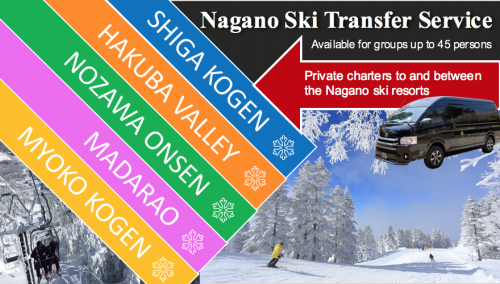A Traveler’s Guide to Booking an Onsen in Japan
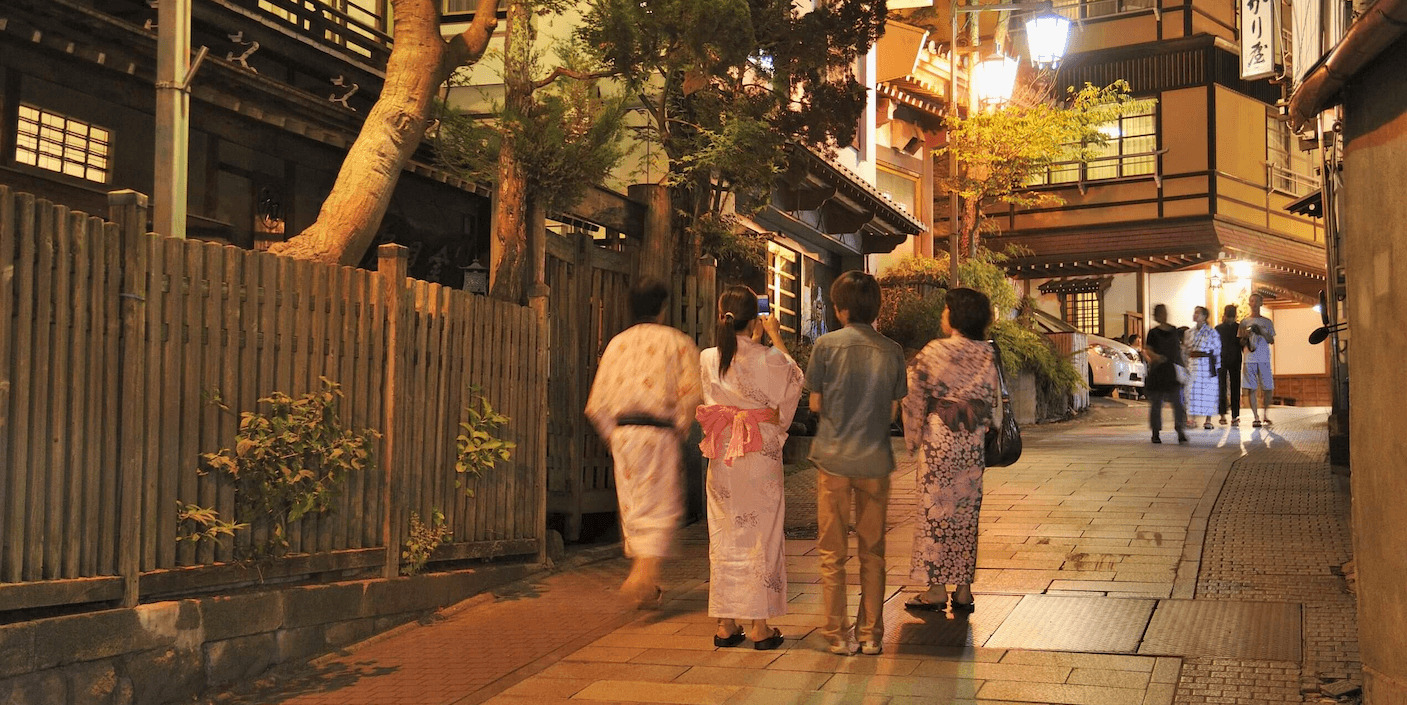
Japan’s natural hot springs offer a delightful blend of relaxation, cultural immersion, and stunning landscapes. If you’re preparing for your first onsen visit, it’s essential to understand the etiquette that accompanies this cherished tradition. This guide will walk you through the basic rules, preparation tips, and some of the best onsen locations in Japan—all while embracing the rich tapestry of Japanese culture.
In this guide we will answer the following questions:
What to expect on your first trip to an onsen?
How to enjoy onsen with tattoos?
What are the best onsen tours in Japan?
HOW CAN I IDENTIFY AN ONSEN?
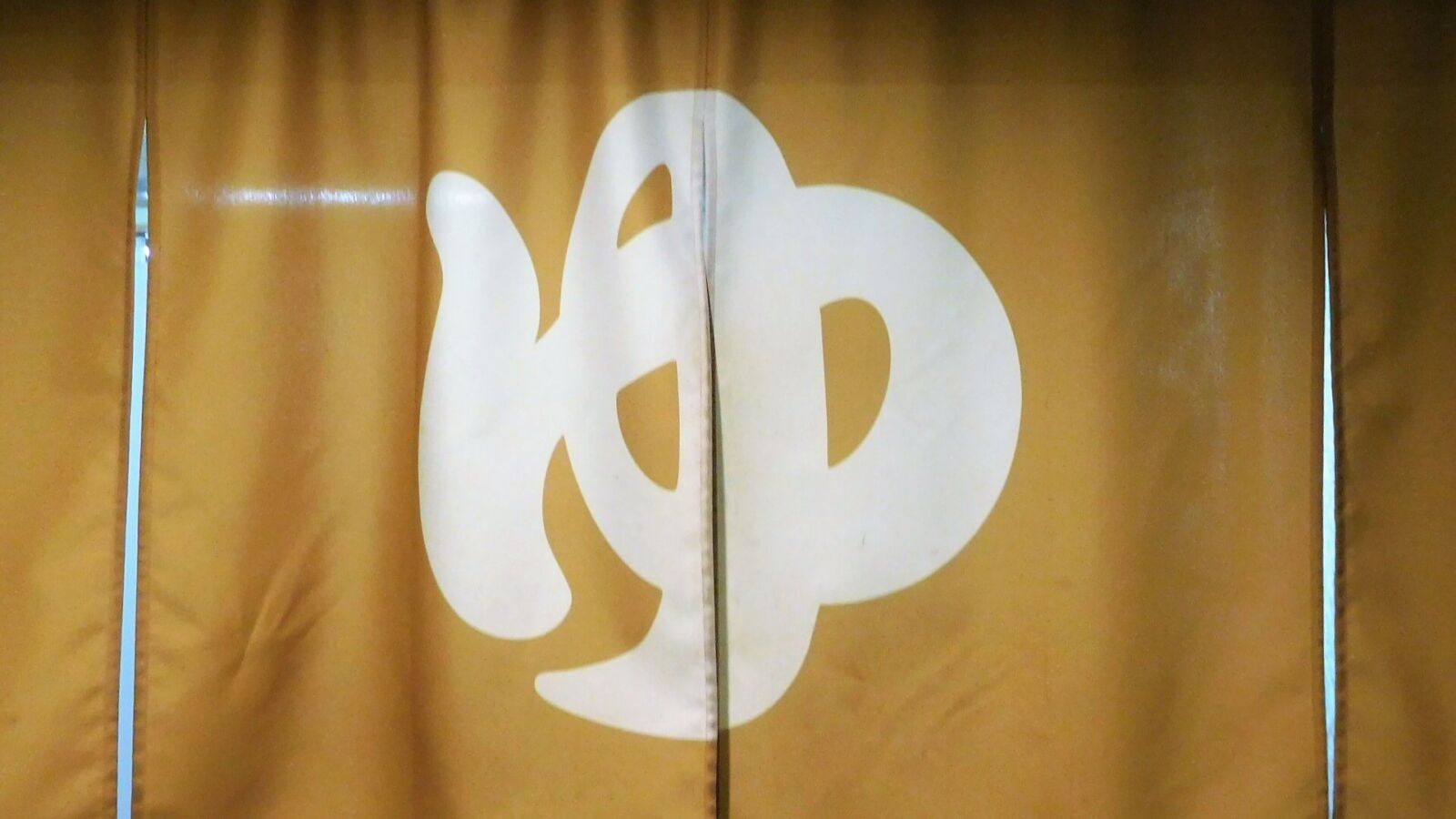
There are several words, symbols and characters to look-out for. Literally translating to ‘hot water’ and ‘spring’, the characters for ‘onsen’ are 温泉 or can simply be displayed as 湯 or the simpler hiragana character of ゆ – both pronounced ‘yu’. One or more of these will usually be visible on the outside of the building, often printed on the ‘noren’, textile hanging in front of the entrance.
Most onsen will also use these symbol to identify themselves on signs and maps:
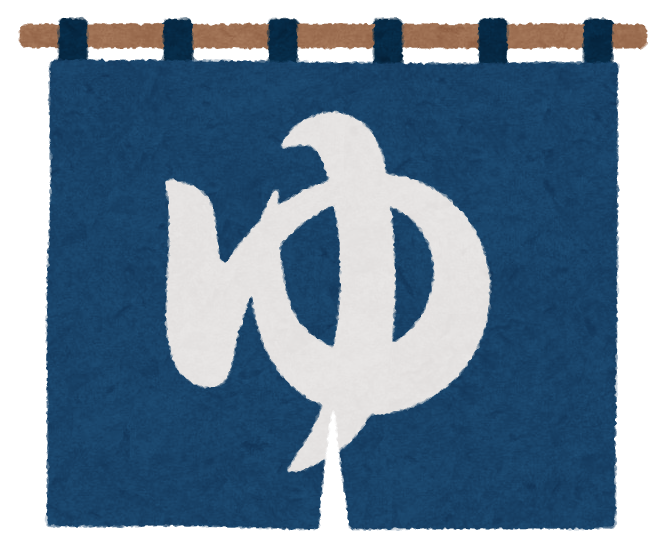
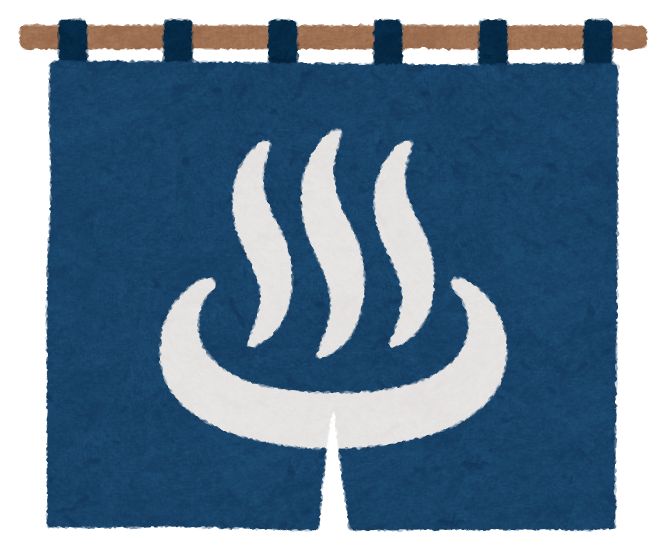
Inside the onsen itself, the mens bath will be identified with the character for male – 男 – or ‘otoko’, and female – 女 – or ‘onna’.
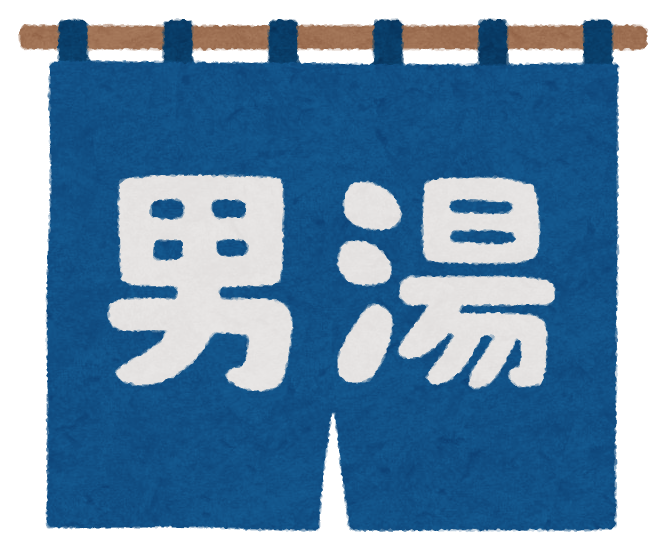
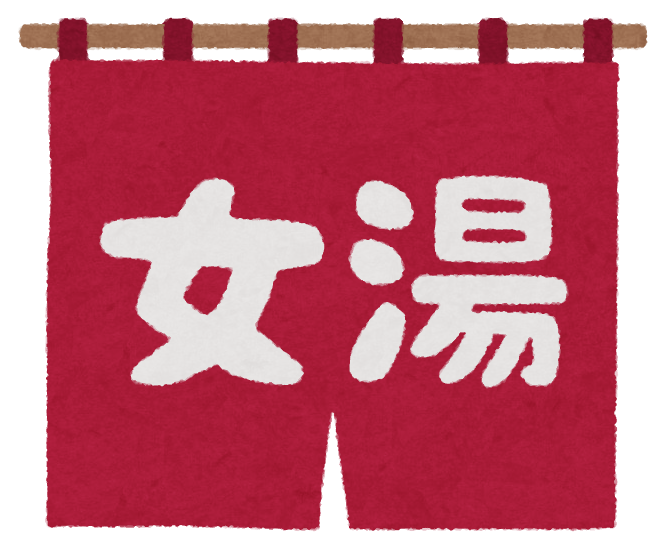
It’s worth noting that if you are staying at an onsen hotel or guesthouse overnight, the owners will often switch the baths at some time during the day, designating different baths to men and women respectively. For that reason, it’s important to always pay attention to which bath you should be entering as the one you entered last night might no longer be the one you should in the morning. Just keep an eye-out for the characters outside the bath to determine which one to enter.
2 Day Tour
| 2-Day Snow Monkeys & Snow Fun Winter Tour inc. Luxury Onsen Hotel | |
| Period | December to March |
| Time | Day1: 09:35 – 17:00 Day 2: 09:30 – 14:40 |
| Meeting Place | Hakuba Nagano Station |
| Adult Rate | ¥65,000 ~ |
| Child Rate | ¥46,900 ~ |

PREPARING FOR YOUR FIRST ONSEN VISIT
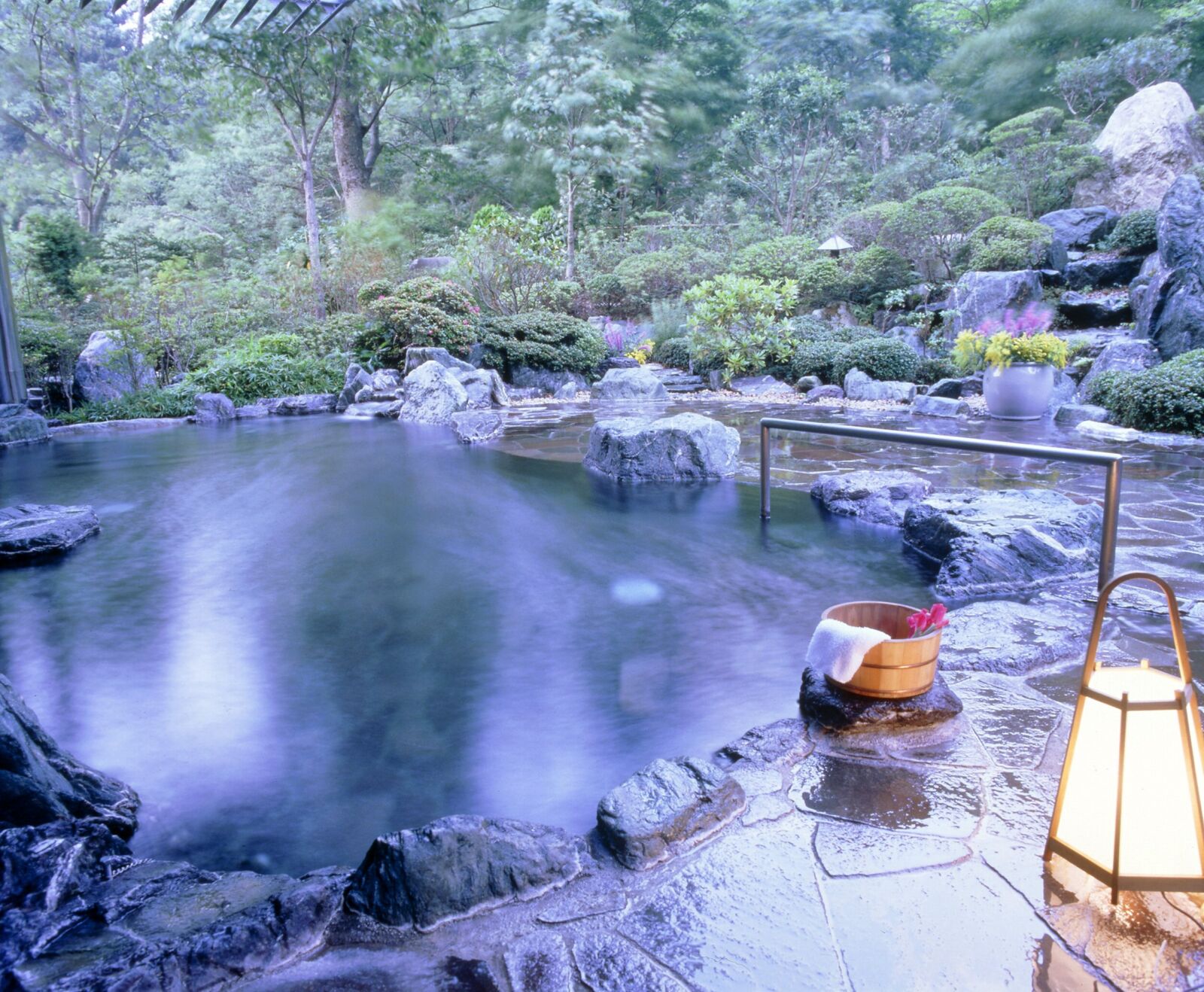
Choose the Right Onsen: Research the onsen you wish to visit. Some onsen allow tattoos, while others do not. Some onsen are situated in the mountains, while others may be part of luxury resorts. Each has its own charm and atmosphere, but if you are struggling to find the best onsen for your needs, please contact us and we will be happy to assist you in booking the best onsen hotel for your group.
Bring Essentials: While many onsen provide the basics, consider bringing your own toiletries, a larger towel, and a change of clothes. If you wear contact lenses, opt for glasses for ease. Most onsen locations allow you to rent a large towel for a fee at the front desk.
Timing Matters: Weekdays tend to be less crowded than weekends, so consider planning your visit during off-peak hours for a more tranquil experience. The baths are typically drained and cleaned late at night or in the mid-day, so please check the bath hours ahead of time if you are traveling on a tight schedule.
ONSEN & TATTOOS
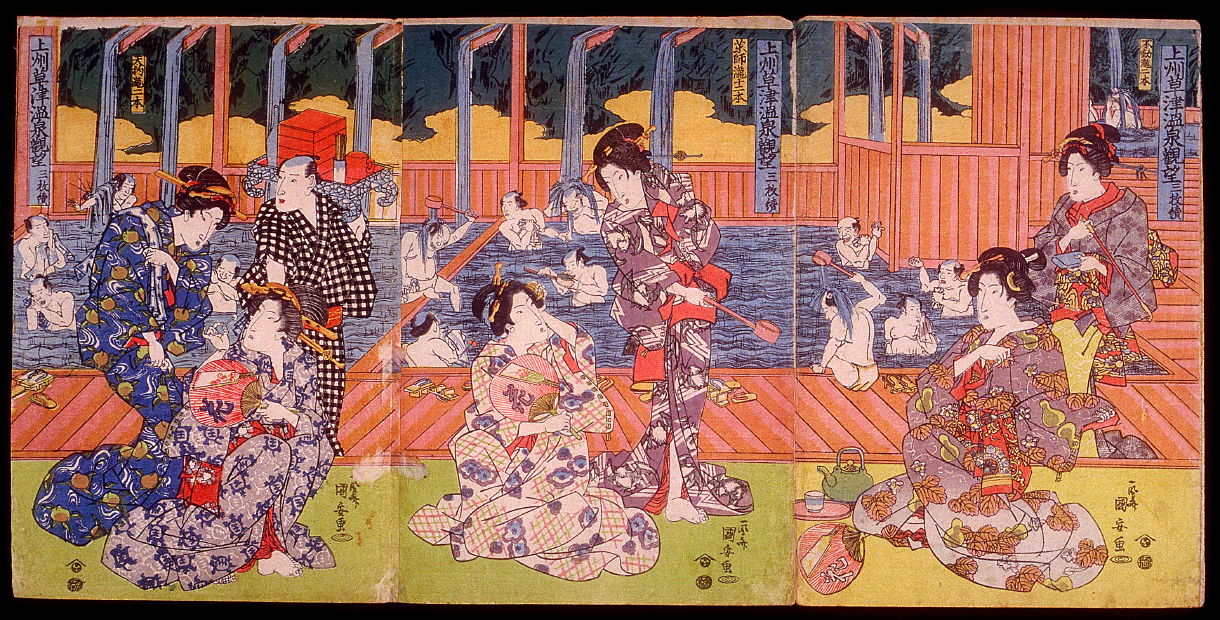
For many international visitors, rules regarding tattoos and onsen can be confusing. Whether you can enter an onsen when sporting some ink is a tricky question to answer. In order to answer it in a useful way, a little background to why tattoos are an issue is worth considering.
In the past and for many years, tattoos were used to brand criminals in Japan. The patterns and symbols used would reflect the nature and place of the crime and therefore, in the eyes of law-abiding citizens, tattoos identified criminal and dangerous individuals. From the late-18th century onward, criminals embraced this practice as their own and began to use elaborate decorative patterns as a mark of pride. As a result, the practice of tattooing was outlawed in Japan and only practiced by the criminal underground, most notoriously, the yakuza (Japanese mafia).
Though social attitudes are beginning to change, with an increasing number of young Japanese having tattoos, in the eyes of many Japanese people tattoos retain a negative stigma. This is most pronounced with the older generation who feel uncomfortable at the sight of a tattoo – and this is what matters to onsen owners.
While an owner may be comfortable admitting guests with tattoos – recent surveys reflect an increasing number of whom are happy to do so – many are thinking of the comfort of their older guests when refusing entry to guests with tattoos. They worry they their guests, particularly their elderly regulars, will be uncomfortable therefore they decline entry to anyone with a tattoo.
FINDING A TATTOO-FRIENDLY ONSEN
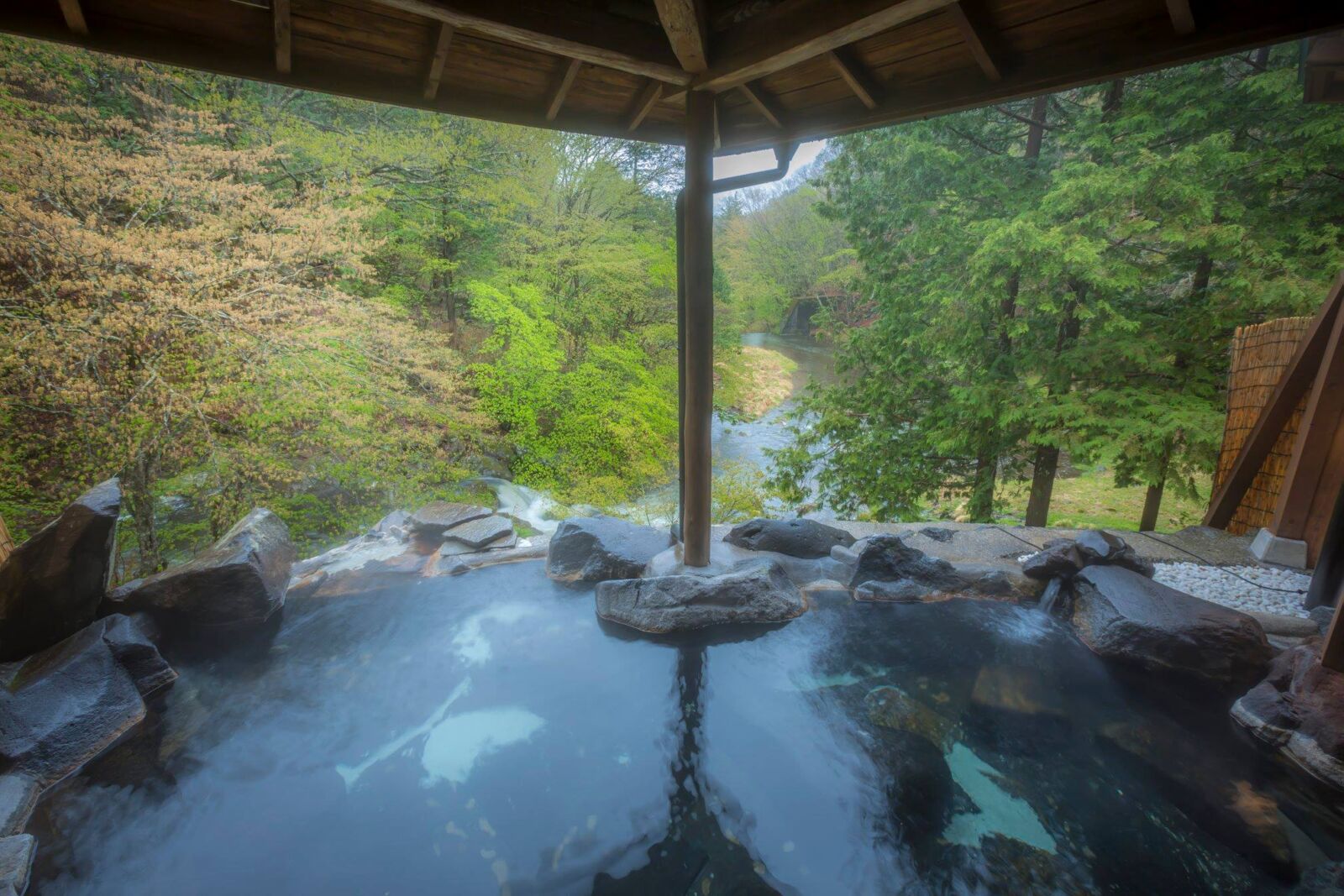
The positive news is that there are plenty of onsen you can enter! The bad news is they can be hard to identify without just showing-up and trying your luck.
The best advice is to check first, by phone or in person, before trying to enter bath. A phone call – best made in Japanese – to enquire first is the best option. Failing that, you can ask at the onsen reception. Some will clearly advertise a ban on tattoos while others assume it is simply known, so even if there is no sign refusing entry, always ask first to avoid an awkward interaction later on.
Another option is to cover your tattoos. While smaller tattoos may go unnoticed or ignored (if they are indeed small), larger ones will not. For small and mid-sized tattoos, it’s best to cover them with bandages, available for sale in pharmacies and some convenience stores. Sleeves, leg, back and other large tattoos that are impossible to cover are the biggest problem. If you are heavily inked you will need to check with the owner before entering. If they decline entry, don’t take it personally. It’s a cultural norm and no offense is intended. Rest assured you will find plenty that will let you in.
If you have a tattoo or are traveling with someone with a tattoo and are struggling to find an onsen, please contact us for assistance. Our staff will be happy to assist you in booking a hotel or onsen experience during your trip to Japan.
BEST ONSEN TRIPS IN JAPAN
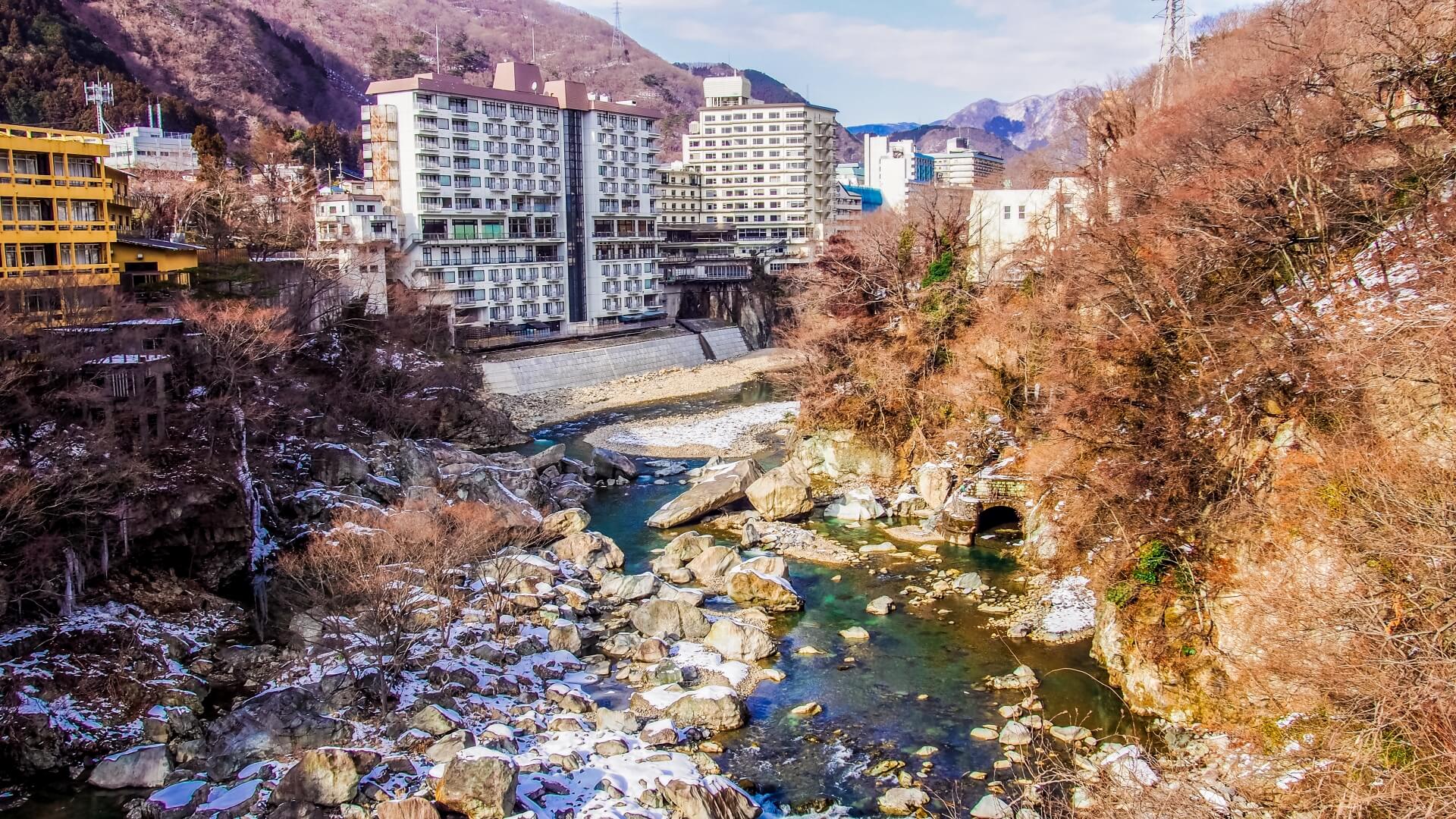
The estimates vary greatly – and in truth, the numbers are unknown – but we can say that Japan is home to more than 25,000 hot springs with over 3000 designated onsen areas. In truth, the total is likely to be much higher given that onsen are naturally occurring and frequently bubble to surface unseen or undocumented in forests, mountains and by the sides of rivers. Many of Japan’s best and most historic onsen towns found in our home region of Central Japan.
Highly regarded for their healing waters, scenic beauty, and cultural significance, Japan’s best onsen towns include Shibu Onsen, Arima Onsen, Kusatsu Onsen, Gero Onsen, and Unazuki Onsen. Guided tours of any of these hot spring towns will provide you with insight in to onsen culture, and make for an unforgettable experience during your trip to Japan.
Yudanaka Onsen and Shibu Onsen – Nagano
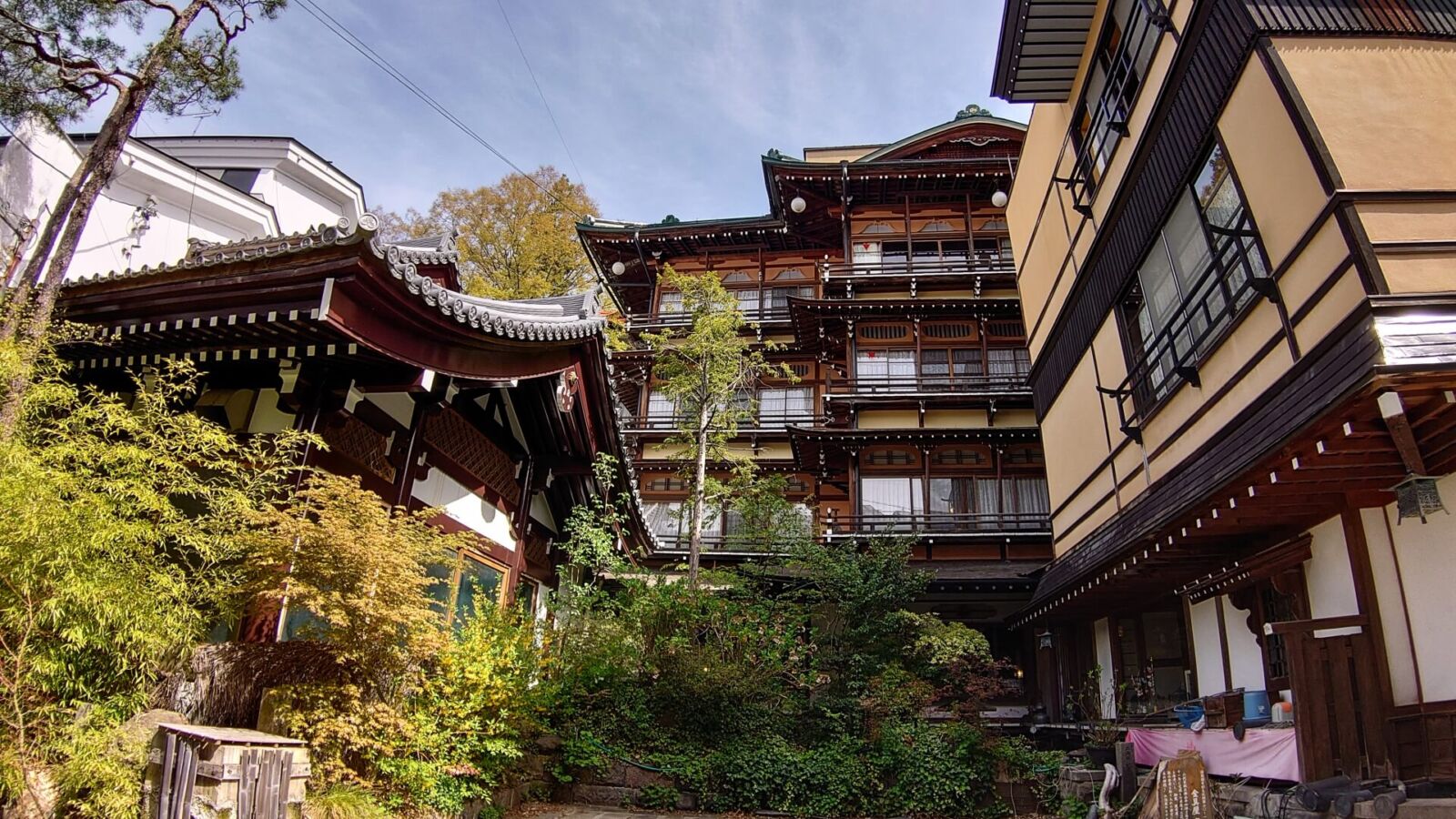
Yudanaka Onsen and Shibu Onsen are home to numerous hot spring guesthouses and public baths. Discovered more than one thousand years ago, the water is said to hold powerful healing properties and specific medicinal benefits. As such, Japanese have been coming to the towns for centuries, including injured samurai during warring periods to recuperate and relax in the ancient waters. Within easy reach of Nagano City, Shibu in particular retains much of its historic character with both towns putting you nearby the monkey park and Shiga Kogen.
Arima Onsen – Hyogo (Kobe)
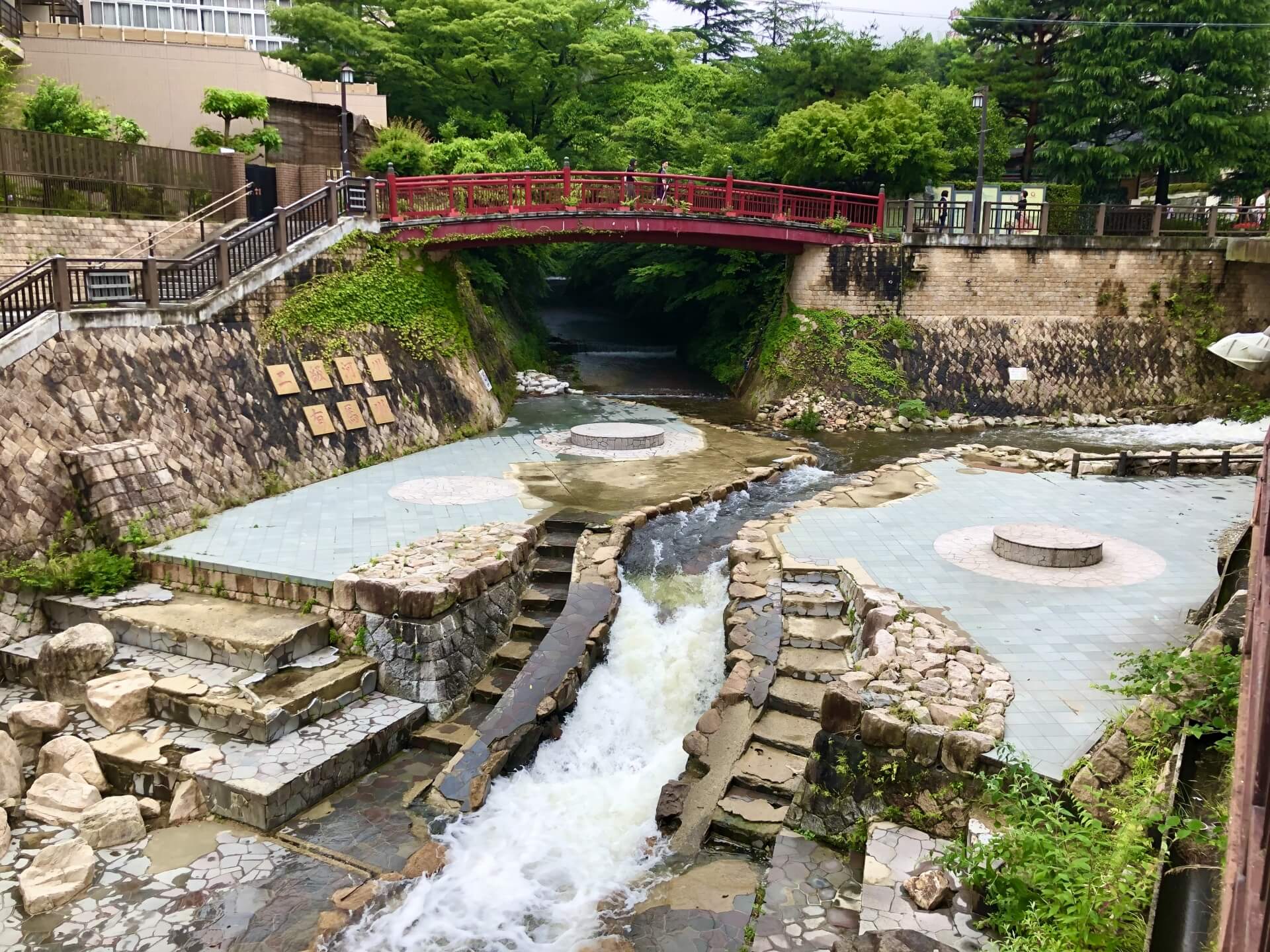
Located around 30 to 40 minutes to the north of central Kobe, Arima Onsen is a hot spring town with a history stretching back at least one thousand years. Boasting numerous accommodation options, ranging from large hotels to small guesthouses, Arima Onsen is a popular weekend getaway from residents of Kobe and Osaka, with its history and renowned healing water attracting visitors from all regions of Japan.
1 Day Tour
| Kobe’s Harmony: Mountains, Sea, and the Serenity of Arima Onsen | |
| Period | All year round |
| Time | 09:15-16:45 |
| Meeting Place | JR Sannomiya Station |
| Adult Rate | ¥19,800 |
| Child Rate | ¥15,500 |

Kusatsu Onsen – Gunma
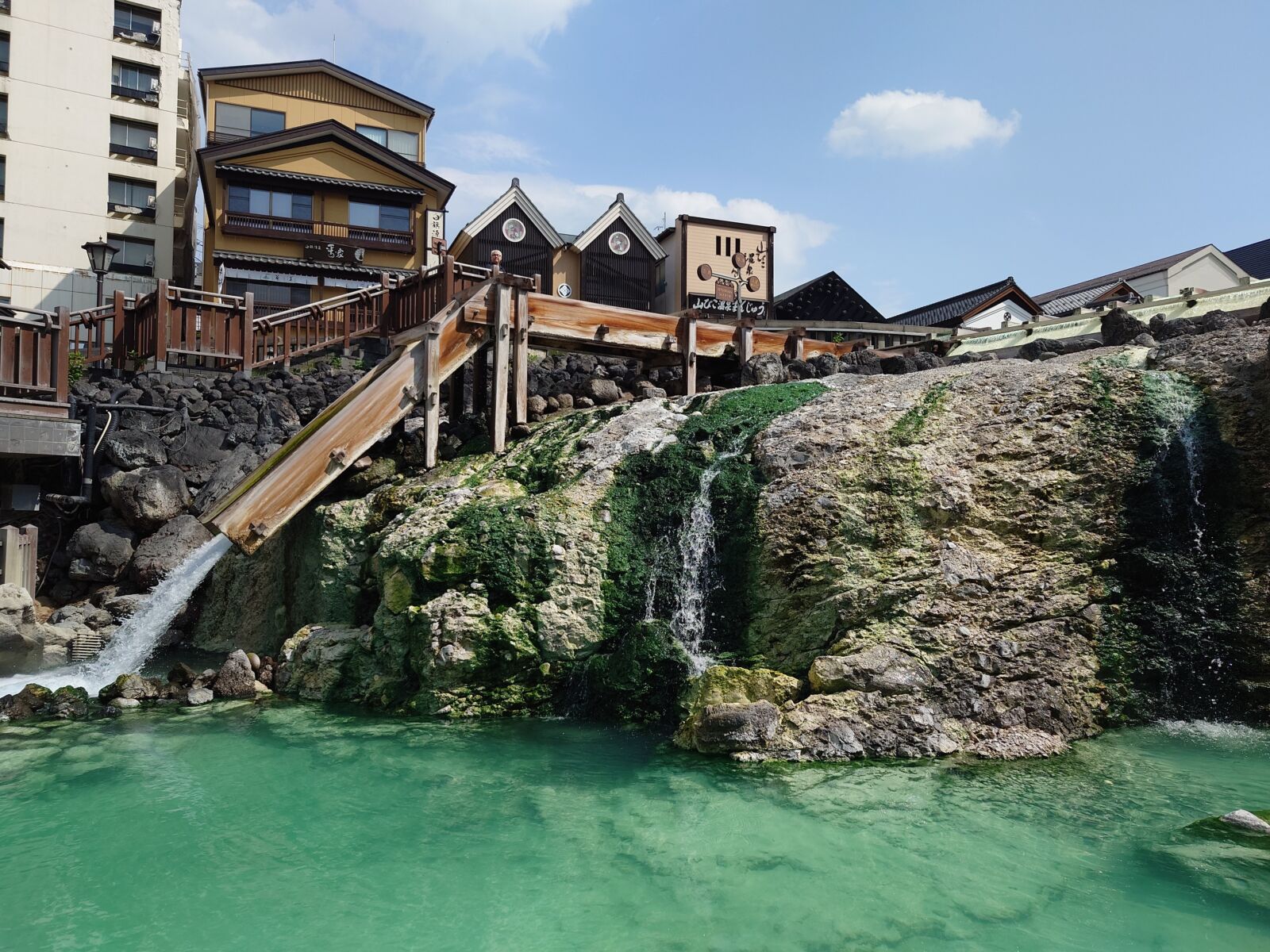
One of Japan’s most famous hot spring towns, Kusatsu Onsen sits high in the Joshintesu Kogen National Park. Located at an altitude of around 1200 metres, the town is fed a copious amount of volcanic water from nearby Mt. Shirane. This is a dramatic yet beautiful landscape. Sitting between Mt. Shirane and Mt. Asama – two of the most active volcanoes on Honshu – a visit to Kusatsu reveals a world and lifestyle found in few other countries.
1 Day Tour
| 1-Day Tour from Nagano and Karuizawa: Unwind in Kusatsu Onsen | |
|
| |
| Period | April – November |
| Time | 09:30 – 17:30 |
| Meeting Place | Nagano Station Karuizawa Station |
| Adult Rate | ¥24,800 |
| Child Rate | ¥15,500 |

Gero Onsen – Gifu
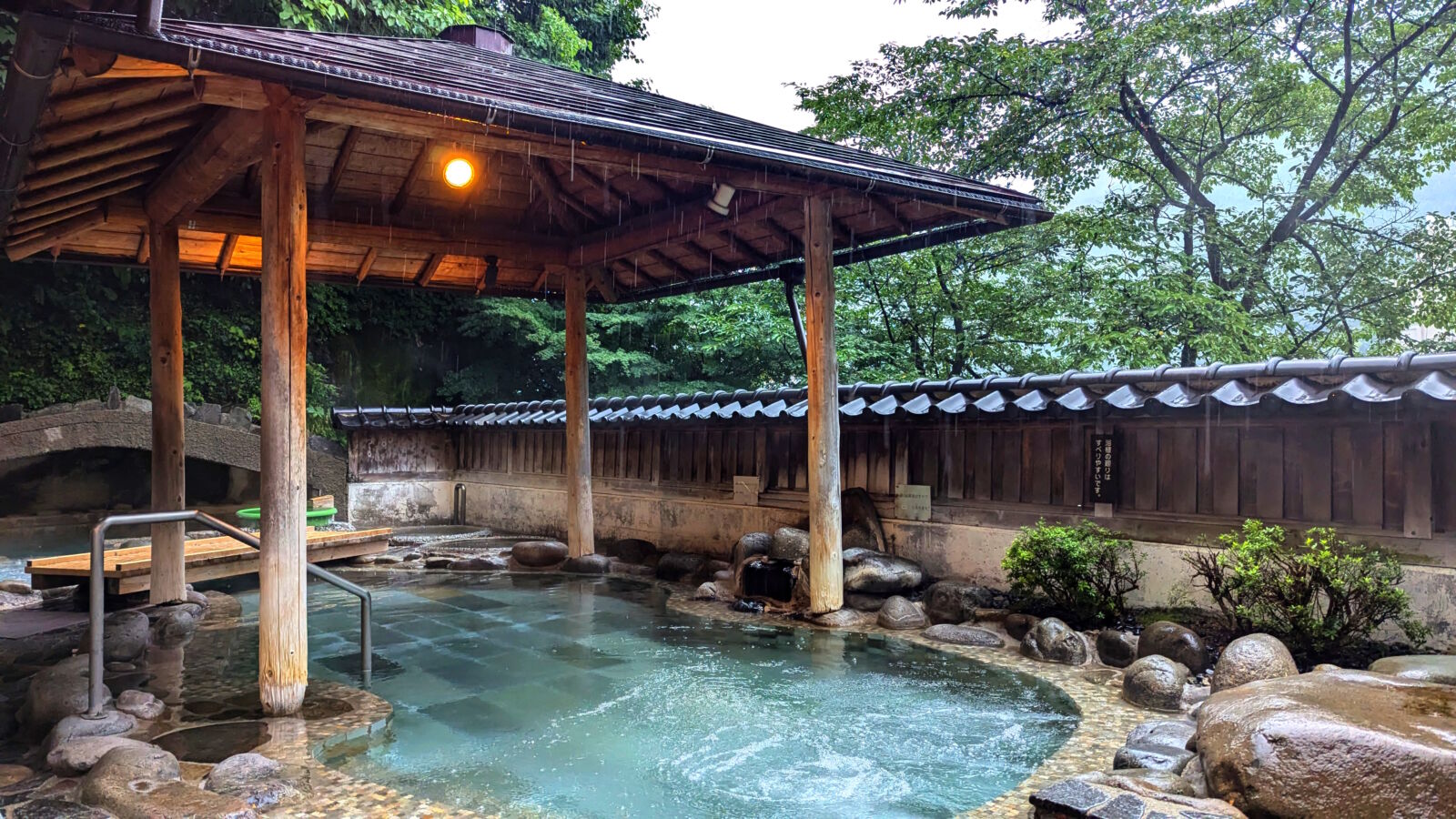
Often ranked among Japan’s top onsen towns, Gero Onsen offers a quaint town atmosphere and beautiful riverside baths. It’s known for its soft water, which is gentle on the skin.
By respecting these traditions and embracing the experience with an open heart, your journey into the world of onsen will be unforgettable. Soak in the tranquility, appreciate the culture, and let the warmth of the waters wash over you—both literally and figuratively. Enjoy your adventure in this captivating facet of Japanese culture!
1 Day Tour
| 1-Day Tour from Takayama: Unveiling the Charm of Gero Onsen | |
| Period | All Year Round |
| Time | 09:30 – 17:30 |
| Meeting Place | Takayama Station |
| Adult Rate | ¥19,800 |
| Child Rate | ¥13,000 |

Unazuki Onsen – Toyama
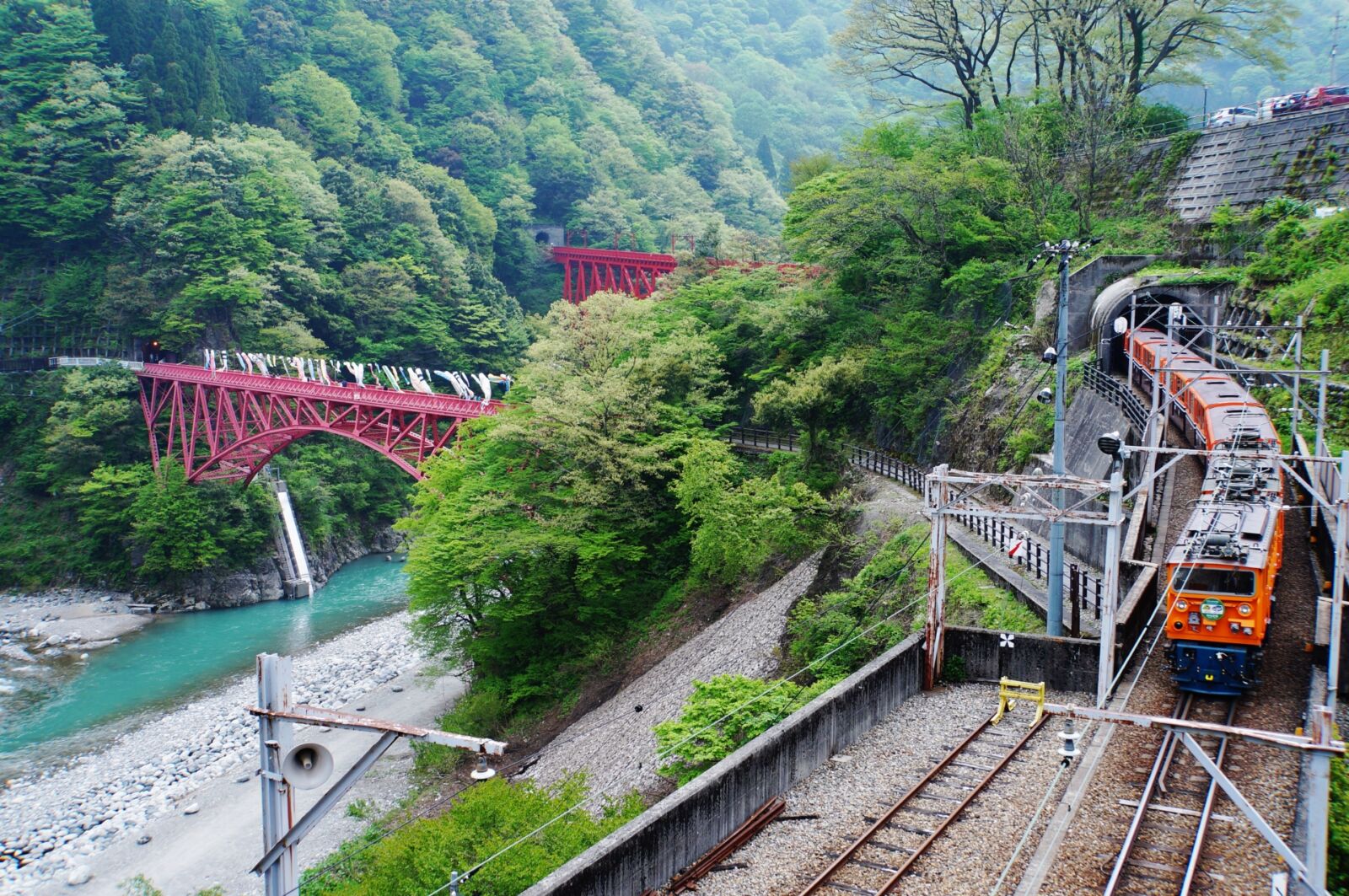
Situated at the entrance of the beautiful Kurobe Gorge, Unazuki Onsen is the largest hot spring town in Toyama Prefecture. Home to many guesthouses including traditional ‘ryokan’ and large hotels, the hot springs of Unazuki Onsen are known for the clarity of their water, known to aid healthy and vibrant skin. Unazuki Onsen boasts the largest concentration of accommodation nearby the Kurobe Gorge, making it a convenient base from where to explore the surrounding area including riding the Kurobe Gorge Railway.
1 Day Tour
| 1 Day Tour from Kanazawa: Kurobe Gorge and Unazuki Onsen | |
|
| |
| Period | May to November |
| Time | 08:00 – 17:30 |
| Meeting Place | Kanazawa Station Kurobe-Unazuki Onsen Station |
| Adult Rate | ¥30,000 / 24,000 |
| Child Rate | ¥24,000 / 21,000 |






